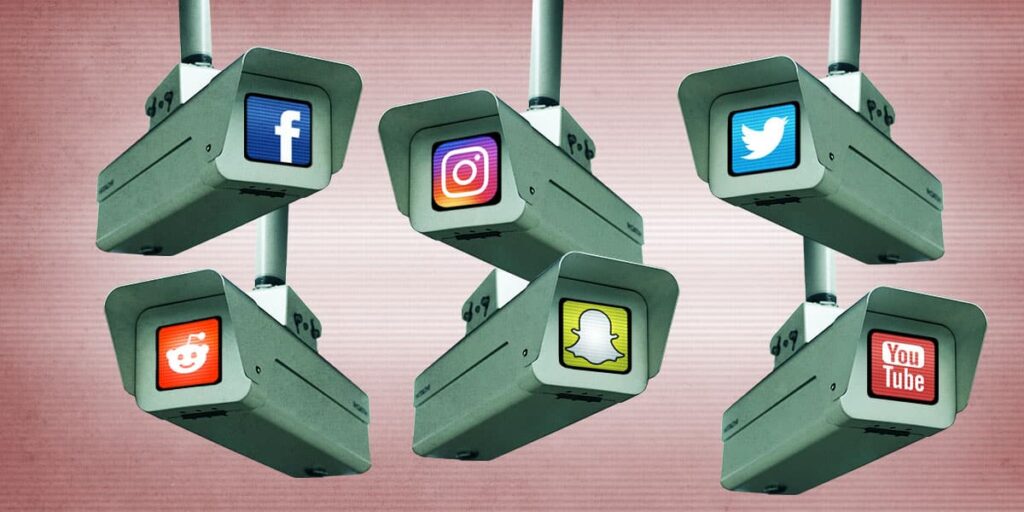In recent years, the relationship between technology companies and governments has sparked a growing debate about privacy and data security. Concerns have especially increased around how these companies handle information requests from authorities, which has become a crucial indicator of personal data protection in an era where companies seemingly know more about us than our closest relatives.
An event that marked a turning point in this context occurred in 2022, when a court order requested Facebook access to the messages of a teenager involved in a legal case related to an abortion. This incident highlighted the legal and ethical implications of collaboration between digital platforms and the state apparatus. In response to the controversy, in 2023, Facebook announced plans to encrypt its messaging system, a move aimed at protecting the privacy of communications by making the content inaccessible to the company itself.
The situation highlights the growing symbiosis between big tech companies and the United States government, raising serious questions about the independence of companies in facing data requests. This also underscores the importance of implementing more robust technology and privacy regulations. The Electronic Frontier Foundation (EFF) has been one of the most active voices in this discussion, promoting the use of platforms that prioritize data encryption and ensuring that digital communication is truly secure.
End-to-end encryption, which ensures that only participants in a conversation can access its content, has been proposed as the standard. However, not all encryption implementations are equal. There are risks associated with poor implementations or platforms that do not have a wide enough adoption to undergo security audits. Additionally, data protection is not invulnerable to threats such as unauthorized device access or the possibility of screenshots.
Users must be aware of the features of the platforms they choose. For example, Facebook Messenger has implemented end-to-end encryption by default in private conversations, although this does not apply to group chats. Other platforms, such as Signal and WhatsApp, also provide secure communications thanks to their default encryption. On the other hand, some applications, like X, only offer encryption under certain conditions, such as payment verification.
For those in high-risk situations, privacy dimensions become even more critical, as they may be a target of specific attacks, regardless of the level of encryption of the platform they use. Verifying encryption keys becomes an essential step to safeguard information.
As the relationship between technology companies and governments solidifies, users must make informed decisions about where to store their data and which platforms to use, sending a clear message about their priorities regarding the privacy and security of their personal information.
via: MiMub in Spanish
